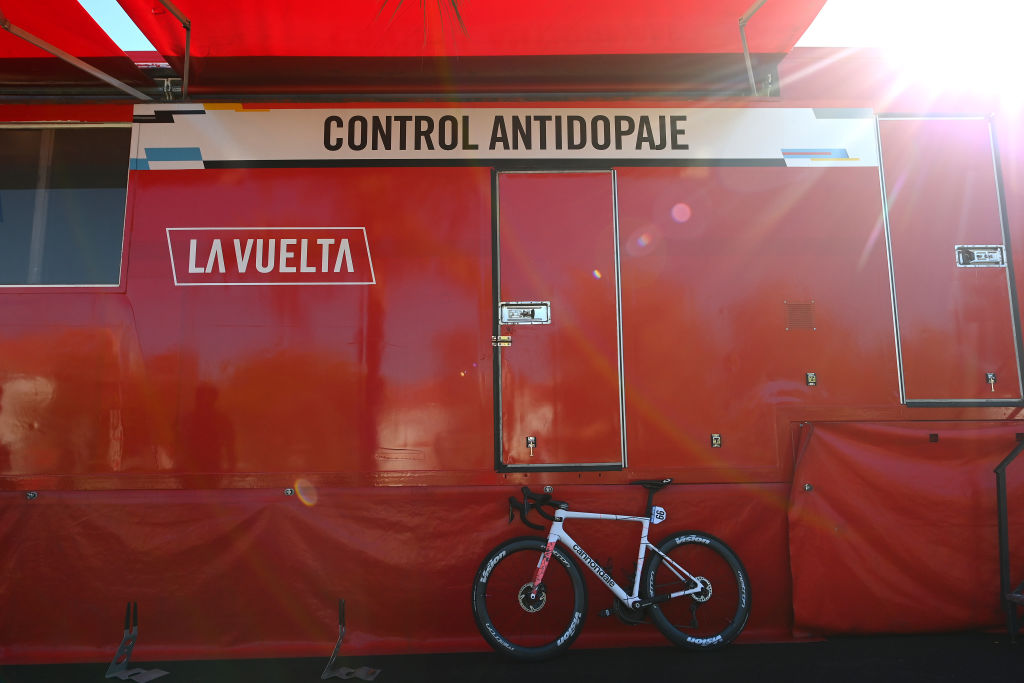According to a special report by Marca, who examined the full report from the Operation Ilex doping investigation, professional cyclists may still be using some of the same techniques that allowed Lance Armstrong to avoid testing positive despite using performance-enhancing drugs throughout his Tour de France reign.
Operation Ilex investigated University of Extremadura professor Dr. Marcos Maynar who is accused of providing prohibited drugs to riders including Miguel Ángel López. Both insist the Colombian did not dope, with López pointing to his biological passport which he insists is clean.
Armstrong insisted throughout his career that he was clean and pointed to zero positive tests as evidence. Operation Aderlass also showed the testing system wasn’t perfect when the investigation uncovered blood doping in pro riders whose biological passports showed no abnormal values.
The report from the Civil Guard’s Public Health and Doping Section of the Central Unit (UCO) suggests that riders in Spain know they have a window of time to allow their bodies to clear doping substances before the doping control officers can show up because they do not carry out testing at night or during weekends.
Privacy laws in Spain prohibit doping controls at athletes’ homes between 11:00 p.m. and 6:00 a.m. – a period long enough for some drugs to leave their system. The UCI has been able to a few night time tests due to strong suspicions of doping and after obtaining special permission from Spanish authorities.
“They have studies in which they know how long the substance lasts in their body and that means that, for example, doctors can ‘prescribe’ a substance at 11:01 p.m. so that, at 6:00 in the morning, there is no longer a trace in your body,” an un-named anti-doping expert told Marca.
Another problem for doping controllers is a requirement for samples to be delivered for analysis within 48 hours of collection which is a major problem for some countries that have few accredited laboratories.
There is only one WADA-accredited lab in South America and Africa. The laboratories in Brazil and South Africa serve the entire continent, making a 48-hour delivery difficult. Even in Spain, blood samples can only be drawn until noon on Thursday for out-of-competition testing to meet the 48-hour window.
“From Thursday night to Sunday they can do whatever they want because almost certainly no one will check them,” the source told Marca.
As cycling has already found, Therapeutic Use…
Click Here to Read the Full Original Article at CyclingNews RSS Feed…

